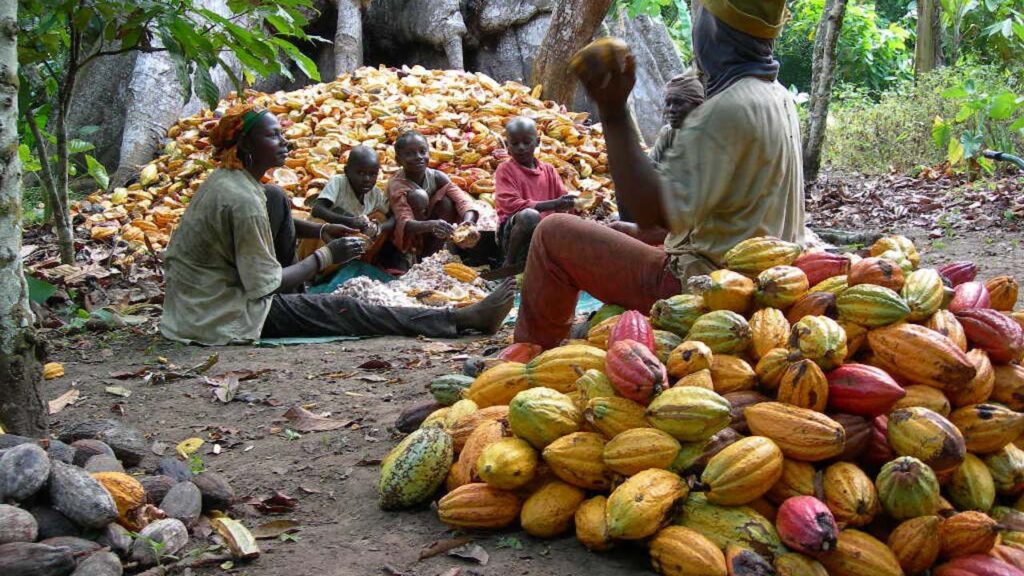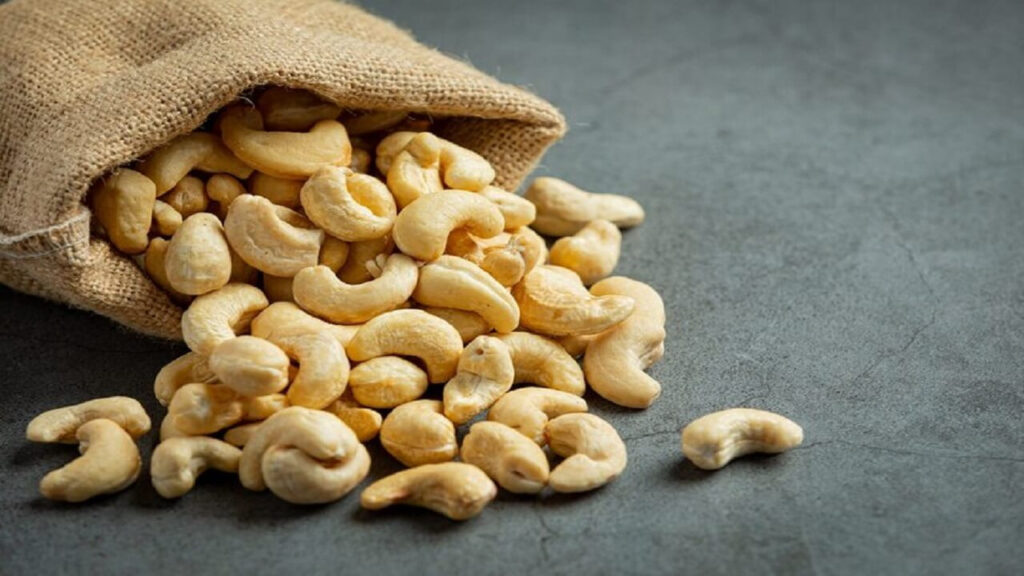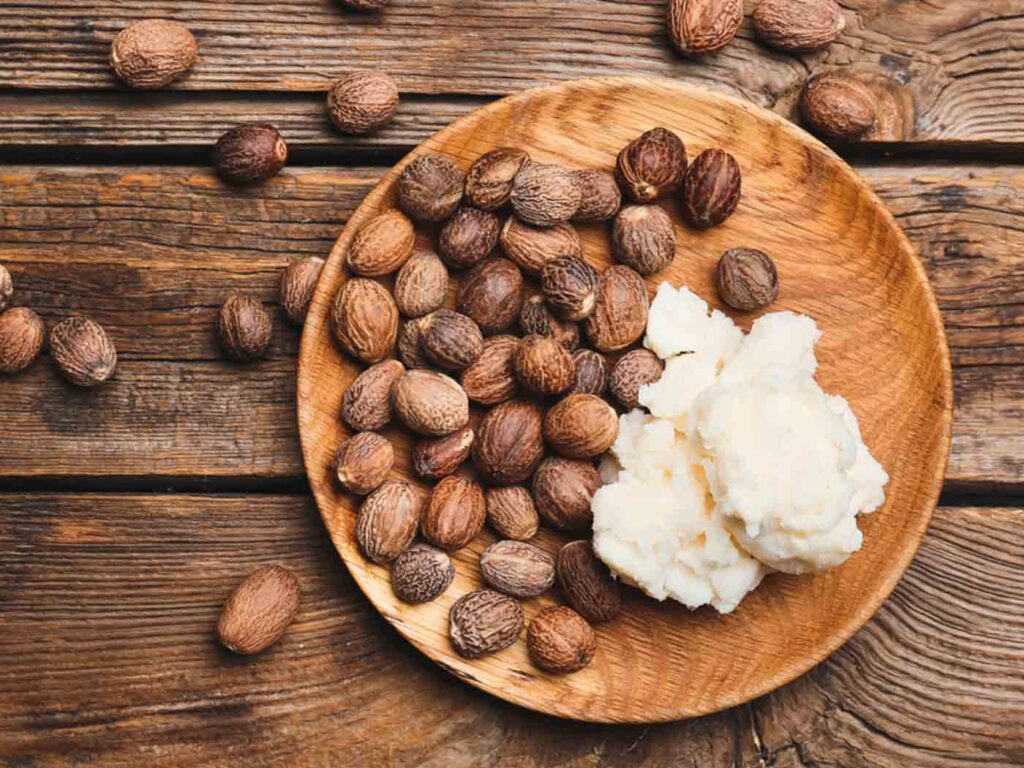Cocoa, Nigerian Shea butter, and cashew nuts thrive on the international market. In this article, learn how to source, export cocoa, and find buyers for these products.

Nigeria takes pride in agriculture. Some of Nigeria’s agricultural products are cocoa, shea butter, and cashew nuts. The food, cosmetics, and health industries are known for constant demand for these products. States in Nigeria, such as Ondo, Kano, and Enugu, are recognized with these products.
To export these products internationally, you need to know how to source them, find your buyers, and ensure they meet quality standards. Explore practical ways to source and export cocoa, shea butter, and cashew nuts in this guide. Learn how these products can serve the export markets.
Sourcing for Cocoa, Shea Butter, and Cashew Nuts in Nigeria
Cocoa, shea butter, and cashew nuts exportation requires good sourcing. Though these products are generally abundant on farms in Nigeria, a supply chain is needed. You need to connect with local farmers and cooperatives to build one. Additionally, consider attending agricultural fairs or visiting the NEPC website for verified supplier leads and training programs.
Generally, buying things in bulk reduces costs. It is necessary to purchase these products in large quantities to ensure a steady supply. The cost of your product is, in turn, lower and more competitive in international markets.
Choose quality over quantity. Check to ensure products are free of damage before buying them. These steps ensure your products meet international standards and stand out globally.
Cocoa
To source cocoa, you need access to verified suppliers. You can connect with organizations like the Cocoa Farmers Association of Nigeria. They provide properly fermented and dried cocoa beans. This is essential to maintain the rich flavor demands of chocolate manufacturers. Cocoa thrives in the southwestern region, accounting for a significant percent of Nigeria’s production.
Shea Butter
Nigerian shea butter sourcing is in the northern savannas. This is where women-led groups harvest and process shea nuts. Opt for certified suppliers to ensure quality for export markets.
Cashew Nuts

Cashew nuts are abundant in the southeast and central regions. Processing hubs in these regions offer export-ready kernels. Partnering with them helps source high-quality nuts suitable for snacks and oils.
Ready to meet quality standards?
Ensuring Quality Standards to Export Cocoa, Shea Butter, and Cashew Nuts
No matter how great your sourcing is, poor standards can terminate your export dreams. Most international buyers are highly selective. They prefer standard products to avoid health risks.
1. Cocoa
There are standards set by the International Cocoa Organization (ICCO) for cocoa. To export cocoa, it needs a low moisture content (below 7%) and no contaminants. Nigeria’s exportation of 280,000 tons of cocoa in 2023 highlights its global market presence.
Before export, test your cocoa for heavy metals and pesticides. This applies if your cocoa is for EU markets under REACH regulations. To achieve this, use accredited labs like SGS Nigeria to run this test. Train your suppliers on proper fermentation and drying to maintain flavor and meet export criteria.
2. Shea Butter

There are standards set by the FDA or EU Cosmetics Regulation for cosmetics. Shea butter needs to be unrefined and free from adulterants before exportation. Certified suppliers can test this product for purity to confirm quality.
Obtaining organic certifications, such as ECOCERT, also adds value for eco-conscious markets. It increases the appeal and profitability of the product.
3. Cashew Nuts
Cashew nut exportation faces strict aflatoxin limits set by Codex Alimentarius. It is required that the aflatoxin levels for nuts be below 10 ppb to pass export inspections. Make use of testing services from local labs to verify compliance. Also, train suppliers on proper drying and storage to prevent mold growth.
You can also invest in ISO 22000 certification. Owning this certification demonstrates your food safety commitment. Your cashew nuts become attractive to snack companies worldwide due to trust.
How do you find buyers?
Finding International Buyers
Finding international buyers for Nigeria’s cocoa, shea butter, and cashew nuts is like matchmaking. You pair your products with the right partners. Online and offline strategies can be efficient in connecting with buyers.
1. Use online platforms
Use platforms like Alibaba and TradeKey to list your products. Chocolate, beauty, and snack companies need cocoa, shea butter, and cashew nuts, respectively. Effectively leverage your social media platforms for direct outreach. You can pitch and share your product samples through couriers.
2. Attend International Shows
As an exporter, attend international trade shows. Shows like Anuga in Germany help with physical networking. Putting in efforts to attend shows helps establish trust and long-term relationships.
3. Offer Competitive Pricing
Buyers need reliable shipping terms and competitive pricing. FOB Lagos port terms work well to attract buyers. You can also build trust through clear contracts and trial shipments. With persistence, finding international buyers becomes a rewarding part of the process.
For cocoa specifically, target buyers in the Netherlands or Belgium. These countries have their major hubs, which dominate the global cocoa trade. What’s next for exporting?
Navigating Export Procedures and Regulations
Exporting goes beyond packaging boxes. It is paperwork to move your goods smoothly across borders. In Nigeria, you need to register with NEPC for an Export License. Use the Nigeria Single Window for customs, often duty-free for agricultural exports.
To export cocoa, secure fumigation certificates per Cocoa Exporters Association rules. Shea butter and cashews need phytosanitary certificates. Obtain them from the Nigeria Agricultural Quarantine Service to prove they are pest-free.
International shipping also involves choosing reliable freight forwarders such as Maersk. Protect these products against losses and use Incoterms for clear responsibilities. Staying updated on tariffs to ensure smooth sailing. These steps make exporting feasible.
Conclusion
The sourcing and export of cocoa, shea butter, and cashew nuts hold great value. You are tapping into the global demand for these products. You need to stay informed, network relentlessly, and prioritize quality to export them effectively.
From the farms to finding international buyers and meeting quality standards, this guide simplifies the process. Ready to export these products and grow your business? Join the SimplVest newsletter for organic export tips.












